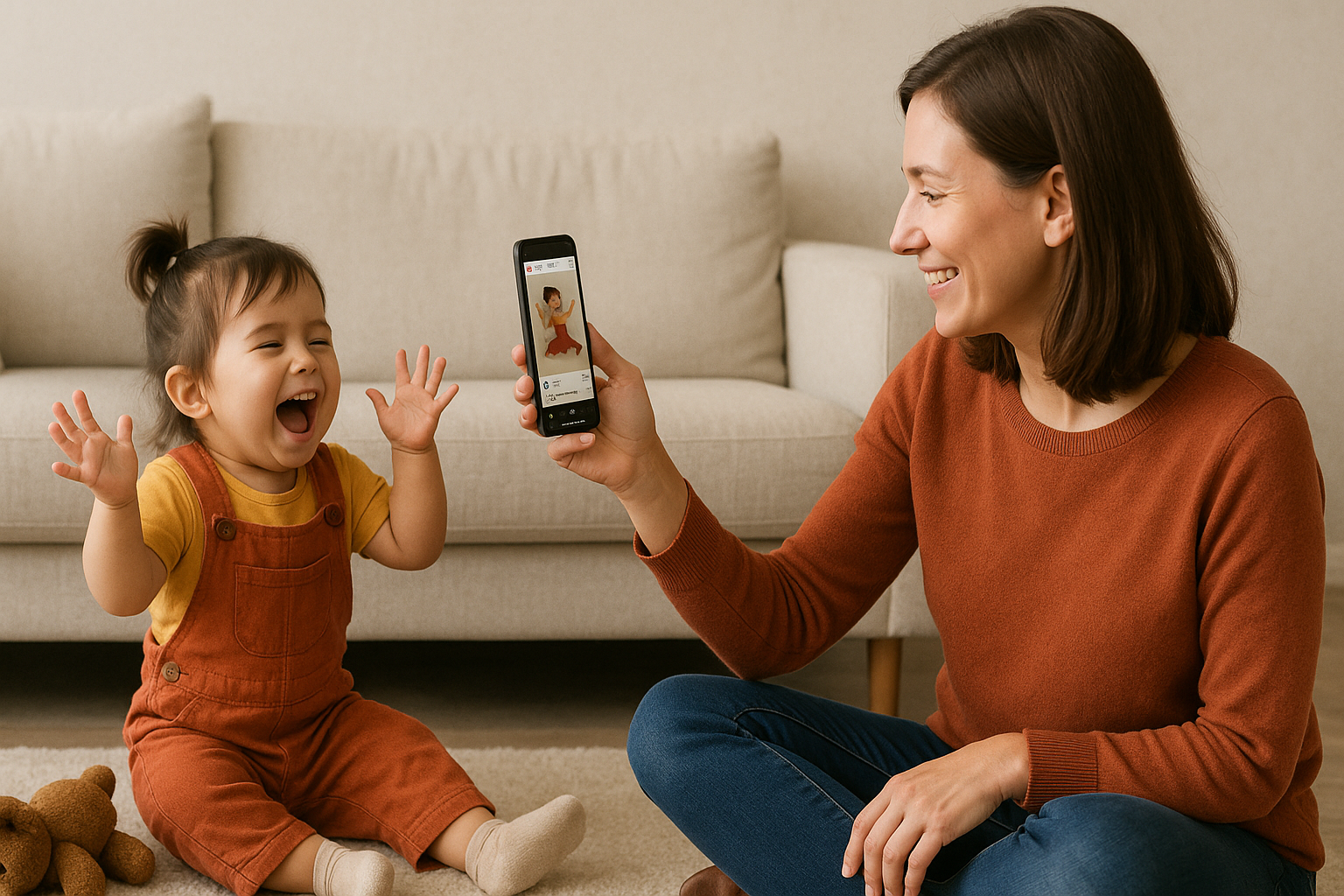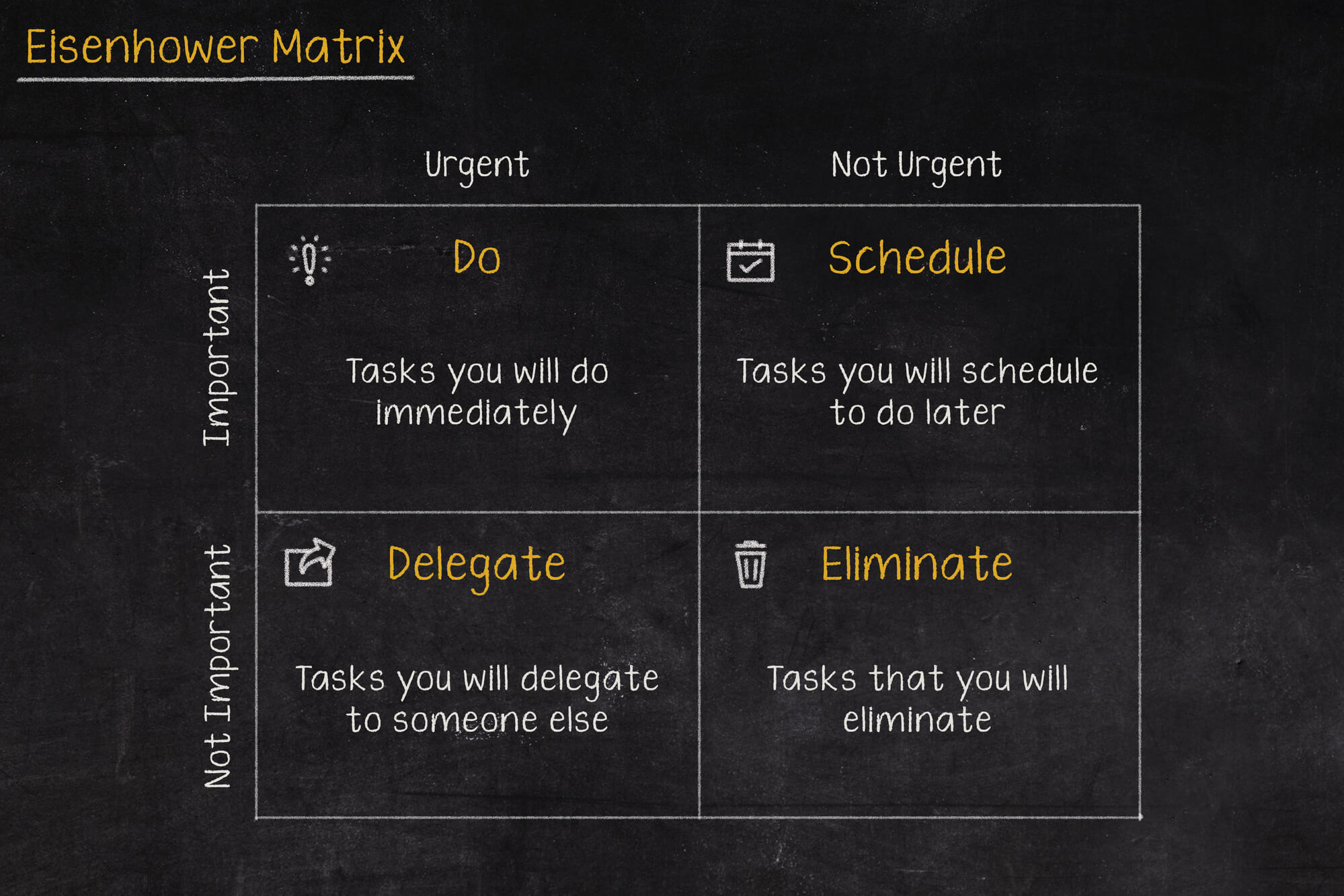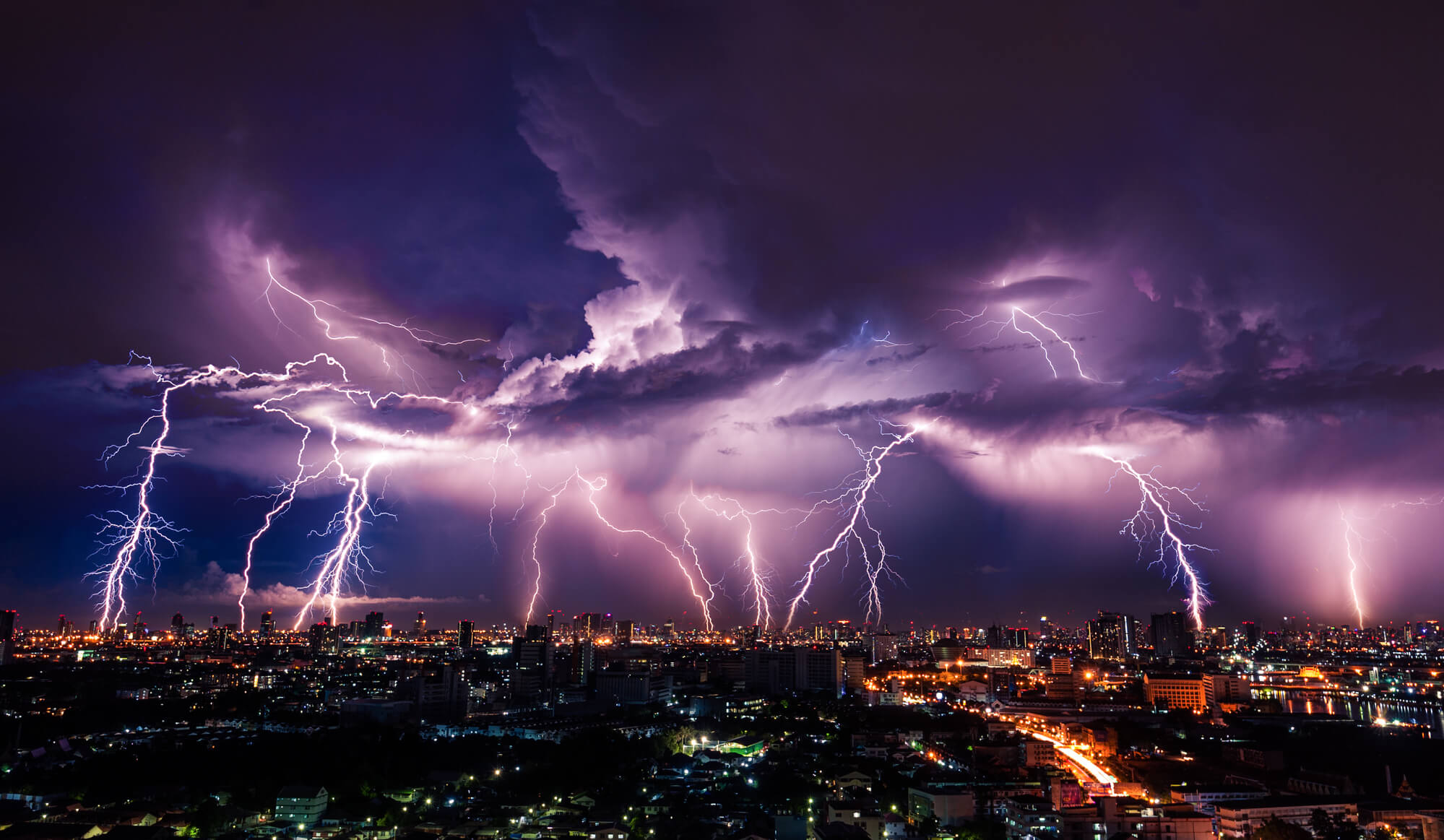Sharenting – the hidden danger of the first day of school

1 September marks the beginning of the school year. Parents, grandparents, schools and local authorities are preparing for photos with school bags, balloons and signs saying ‘first day at school’. On this day, social media is flooded with photos full of smiles and emotions. But here's an important appeal: before you post a photo of your child on the internet, think twice.
Why is this so important?
A photo of a child is not marketing. It is not a tool for getting likes, building a school's image or promoting a brand. It is part of their identity, privacy and safety, which we should protect with the same care as their health or education. Today, a photo on the internet is not just a souvenir for friends. It is also data that can be copied, shared and stored for years in places over which we lose control. What is a pleasant anecdote for an adult can be a source of embarrassment or even hate for a child.
What is sharenting?
Sharenting is sharing photos and information about children online, often without their consent or knowledge. The term is a combination of the words ‘share’ and ‘parenting’. And although it seems innocent, it has serious consequences:
- photos of the child remain on the internet forever – even after they have been deleted, they can circulate in copies or archives,
- they can be misused – e.g. in memes, edits or materials that the child would never accept,
- the child loses the right to decide about their image and build their own identity,
- in the future, they may harbour a lot of resentment towards their parents, school or nursery for not respecting their privacy.
Sharenting is not just about photos from the first day of school. It also includes videos from family holidays, photos in the swimming pool or reports from home birthday parties. Each such sharing adds to the child's digital footprint, which they will have to bear the burden of one day.
High-profile examples
The problem is not theoretical. Do you remember the controversial decision by the Polish Football Association, endorsed by the Tymbark brand, the President and the Ministry of Education, where children had to be photographed in order to take part in a tournament? Many families felt that they were not given a choice – the photos were a condition of participation. Or the influencer who explained in all seriousness that sharenting is a great way to ‘build a child's brand’? It sounds absurd, but this approach really does exist and reaches a wide audience.
These are not isolated cases. There is increasing talk of children's photos falling into the wrong hands, being used in contexts that no one could have predicted. And it is the youngest who bear the consequences – those who had no chance to give their consent.
What if...
Many parents think that consent to a photo is a trifle – because in their imagination they see their child receiving a diploma or scoring a goal. Proud parents imagine this beautiful moment being captured and shared with others. But another child may be in the same shot – in a less favourable pose, with a strange expression, sticking out their tongue or missing a tooth. And suddenly, it is this child, and not the hero of the action, who becomes an internet star. Schoolmates start laughing, memes are created, and the child becomes the object of ridicule. This is a real risk that we often do not take into account because we only look at it from the perspective of our own pride.
It is also worth remembering that photos on the internet have an extraordinary ability to take on a life of their own. What is a post celebrating the start of the year today may be shared tomorrow in a completely different context, on unfamiliar websites or groups. An even more drastic threat is the fact that modern AI tools allow children's photos to be altered in disturbing ways - including by people with malicious intentions, such as paedophiles. Therefore, protecting the privacy of the youngest children online is not only a matter of good taste, but a real responsibility for every adult. Let us protect children and raise awareness among other parents before it is too late.
Appeal
Therefore, I appeal to everyone:
- Parents – protect your children's privacy, even if you are tempted to show the world their successes or joyful moments.
- Schools and nurseries – do not post photos of classes and groups en masse, because it is not only a matter of GDPR, but above all a matter of respect for children.
- local authorities – you do not have to boast about every ‘back-to-school gallery’ on social media. There are other ways to show community activity without violating the privacy of the youngest members of society.
Together, we can ensure that children have a safe childhood online too – let's start with a responsible approach to their image. It is us, the adults, who must set boundaries and set an example that privacy is a value that must not be disregarded.
More about sharenting and how to protect your child's image:
View related articles

Awarie IT zdarzają się każdemu
Od paru godzin trwa awaria komunikatora internetowego Slack. Kilka tygodni temu nie można było korzystać z usług firmy Google, a jeszcze wcześniej spora część Internetu nie działała z powodu awarii usług Cloudflare. Czy to możliwe, że usługi w chmurze są niedostępne?

Macierz Eisenhovera, czyli jak zapanować nad priorytetami?
Iść na przerwę a może odpisać na tego maila, czy odebrać telefon od przełożonego? W jakiej kolejności zająć się tymi zadaniami, aby nie utracić nad tym kontroli i nie popaść w bezsilność? Rozwiązaniem tych problemów może być Macierz Eisenhowera (nazywana także Matrycą lub Kwadratem Eisenhowera).

Czy Alert RCB powinien informować o wyborach prezydenckich?
Komunikacja w niebezpieczeństwie jest jednym z ważniejszych zagadnień jakie się porusza podczas żeglowania, latania czy nurkowania. Ostrzeżenia potrafią uratować życie, dlatego nie powinny być lekceważone, a tym bardziej nie powinny swoją treścią prowadzić do ich zignorowania.